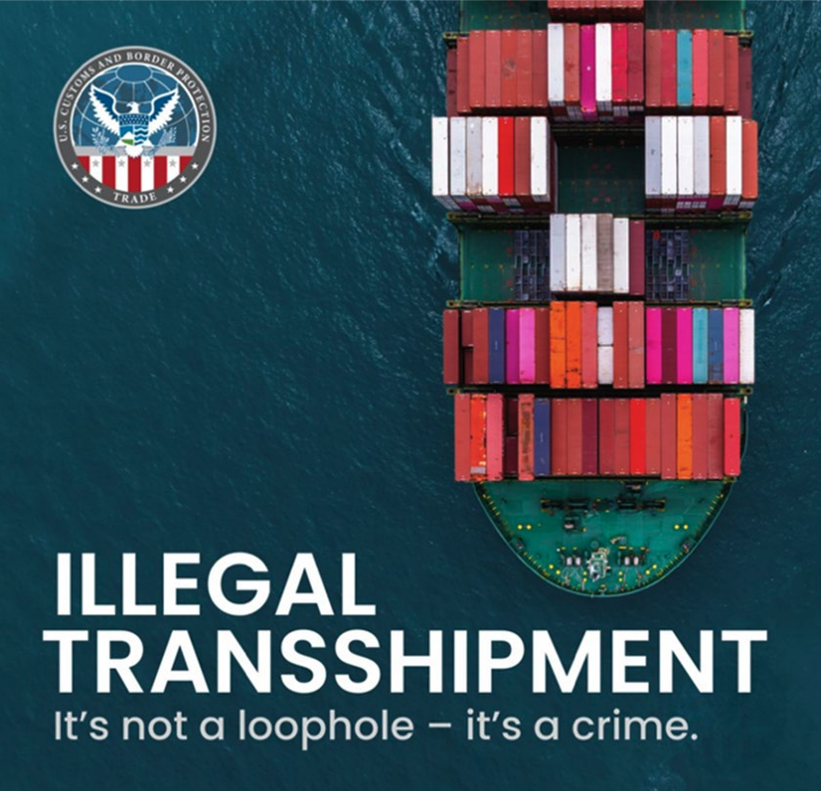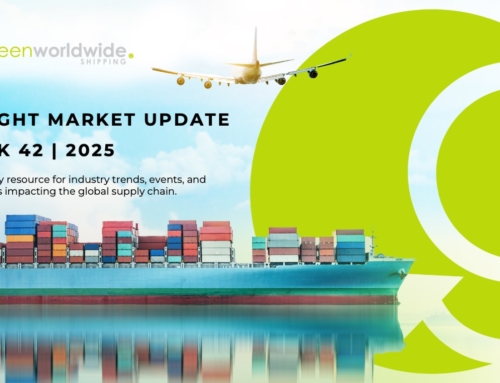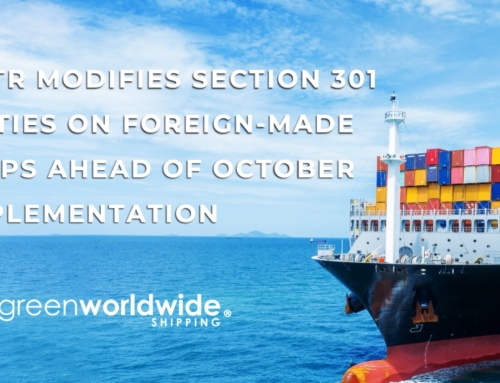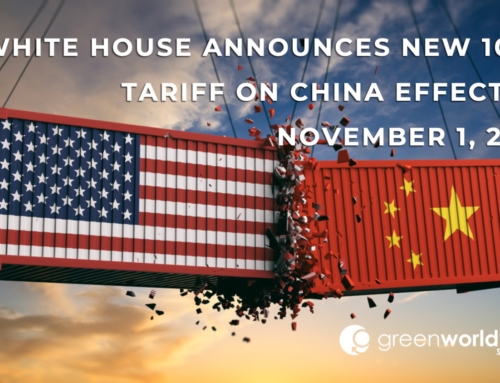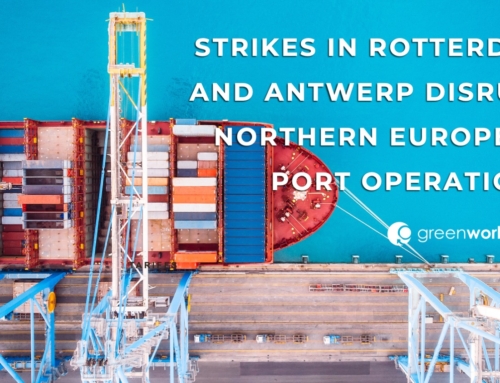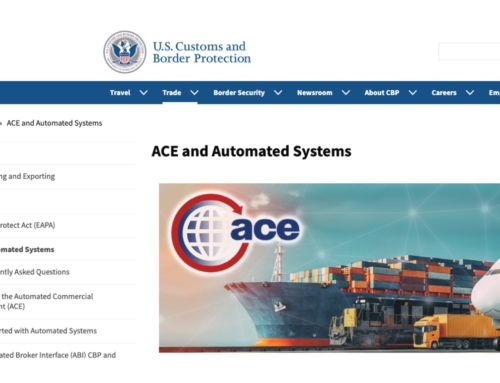TRANSSHIPMENTS COME UNDER U.S. CUSTOMS AND BORDER PROTECTION SCRUTINY
A recent alert issued by the U.S. Customs and Border Protection (CBP) included a strong warning: companies tied to illegal transshipment face severe penalties. Consequences include seizure of shipments, steep fines, loss of import privileges, and even criminal charges under U.S. law. Dated July 16, 2025, and published in late-August, the alert cautions members of the Customs Trade Partnership Against Terrorism (CTPAT) that violations carry additional weight, with suspension or removal from the program threatening years of investment in secure trade practices.
“Transshipping is the process of transferring goods from one mode of transportation to another (often from one vessel or port to another) during their journey from origin to destination. While transshipping itself is legal and common in global trade logistics, it becomes illegal when used deceptively to avoid duties, sanctions, or trade restrictions.”
CTPAT Alert – Illegal Transshipping | Last Updated July 16, 2025
Illegal transshipment is not a loophole. It undermines fair competition, distorts markets, and disrupts legitimate supply networks. Once exposed, companies risk more than financial loss. Reputational damage, erosion of customer trust, and operational instability often follow, creating lasting impacts well beyond the initial enforcement action.
WHY IS CBP INCREASING TRANSSHIPMENT ENFORCEMENT NOW?
Transshipment activity has spiked recently as importers and foreign supply chain providers seek to avoid U.S. trade measures such as duties and tariffs. CBP has documented an increase in evasion schemes across industries with significant duty exposure. High-risk sectors include steel, aluminum, textiles, apparel, automobiles, electronics, solar panels, and agriculture. CBP is intensifying audits, expanding targeting operations, and leveraging its Enforce and Protect Act (EAPA) authority. For importers, this means tighter scrutiny of shipments and greater accountability for compliance oversight.
WHAT ENFORCEMENT RISKS SHOULD IMPORTERS PRIORITIZE?
The greatest threat is exposure importers face comes through their supply partners. Even without intent, companies can find themselves liable if their suppliers engage in deceptive practices. Warning signs include questionable country-of-origin claims, shipment volumes that exceed a supplier’s capacity, or routing decisions that lack commercial justification. These irregularities demand immediate review to avoid risk.
HOW CAN COMPANIES SAFEGUARD THEIR IMPORT OPERATIONS AGAINST ILLEGAL TRANSSHIPMENTS?
Importers can protect their operations by taking proactive steps throughout their supply chain
Best practices include:
-
Verifying country-of-origin markings under Section 304 of the Tariff Act of 1930
-
Conducting thorough supplier vetting aligned with CTPAT minimum-security criteria
-
Establishing notification protocols when anomalies are detected
- Reporting suspicious activity to CBP through the e-Allegations system
HOW CAN COMPANIES STRENGTHEN THEIR COMPLIANCE PROGRAMS?
The Bureau of Industry and Security (BIS) recommends practical measures, such as limiting routed export transactions to trusted partners, working only with freight forwarders like Green Worldwide Shipping that maintain robust compliance programs, and applying technology to strengthen due diligence. These steps align with regulatory requirements while safeguarding business continuity.
Stay up-to-date on freight news with Green’s Weekly Freight Market Update by following us on LinkedIn. For continuous updates, make sure to check out our website at greenworldwide.com.

